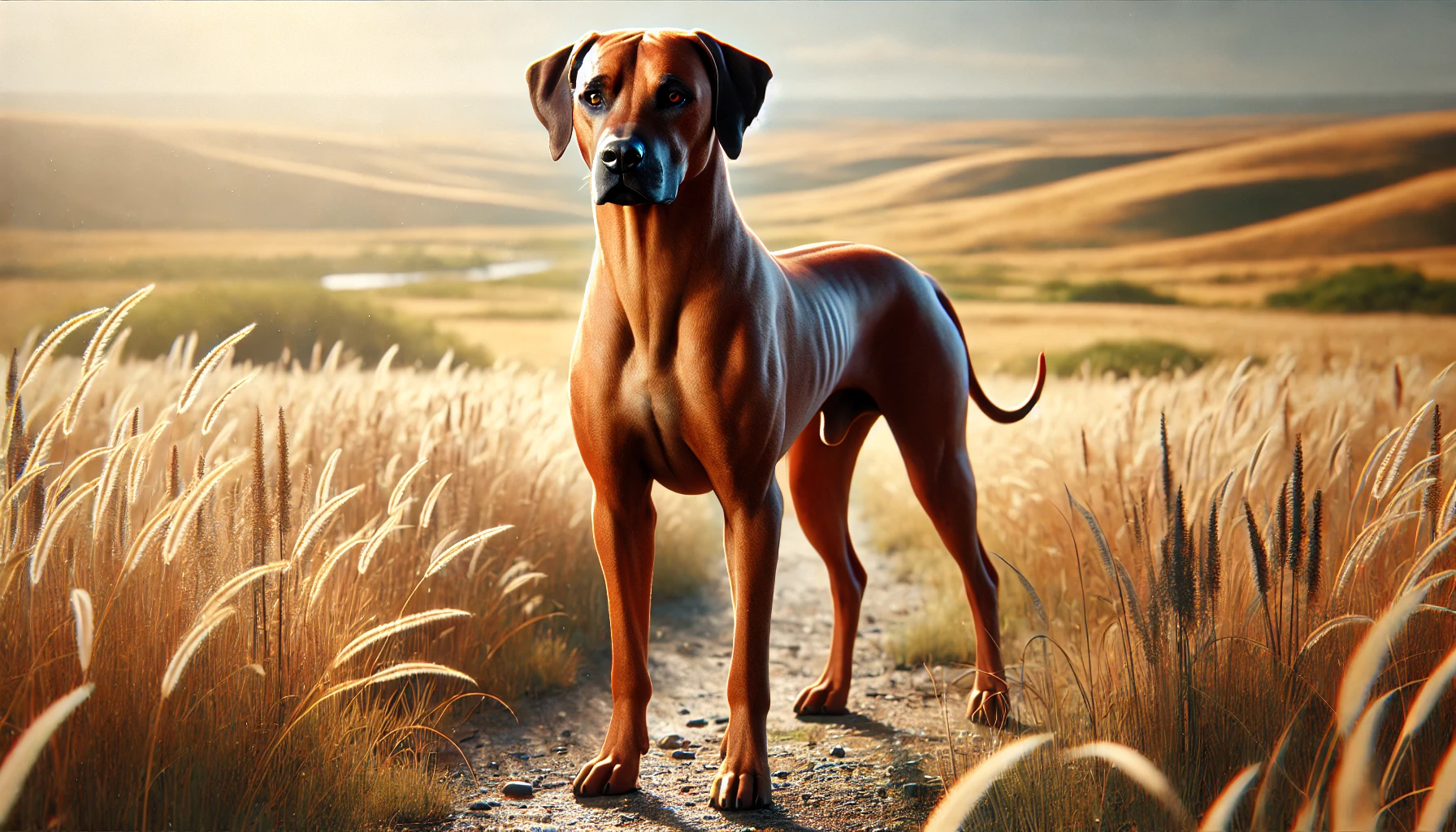Check out this answer from Consensus:
Rhodesian Ridgebacks are a remarkable breed with a rich history and a unique set of characteristics. They can be challenging to train and care for, but their loyalty and protective nature make them wonderful companions for the right owner. Understanding their origins, physical traits, temperament, health concerns, and care requirements is essential for anyone considering adding a Rhodesian Ridgeback to their family.
Rhodesian Ridgebacks are a unique and fascinating breed of dog known for their distinctive ridge of hair running along their back. This breed has a rich history and a variety of characteristics that make them both challenging and rewarding pets. In this article, we will explore the origins, physical characteristics, temperament, health concerns, and care requirements of Rhodesian Ridgebacks.
Origins and History
The Rhodesian Ridgeback originated in Southern Africa, where they were bred by the indigenous Khoikhoi people and later refined by European settlers. They were initially used for hunting large game, including lions, which earned them the nickname “African Lion Hound.” The breed was officially recognized by the American Kennel Club (AKC) in 1955.
Physical Characteristics
Rhodesian Ridgebacks are medium to large-sized dogs, with males typically weighing between 85 to 90 pounds and females between 70 to 75 pounds. They have a short, dense coat that is usually light wheaten to red wheaten in color. The most distinctive feature of the breed is the ridge of hair along their back, which grows in the opposite direction to the rest of the coat.
Temperament
Rhodesian Ridgebacks are known for their intelligence, independence, and strong-willed nature. They are loyal and protective of their families, making them excellent guard dogs. However, their independent streak can make training a challenge, requiring consistent and patient handling. They are generally good with children and can get along with other pets if properly socialized from a young age.
Health Concerns
Like all breeds, Rhodesian Ridgebacks are prone to certain health issues. Some of the common health concerns include hip dysplasia, elbow dysplasia, and dermoid sinus, a congenital skin condition. Regular veterinary check-ups and a healthy diet can help manage these conditions. It is also important to be aware of the potential for bloat, a serious and sometimes fatal condition that affects deep-chested dogs.
Care Requirements
Rhodesian Ridgebacks require regular exercise to keep them physically and mentally stimulated. They enjoy activities such as running, hiking, and playing fetch. Due to their short coat, they are relatively low-maintenance in terms of grooming, requiring only occasional brushing to remove loose hair. However, their nails should be trimmed regularly, and their ears should be checked for signs of infection.
